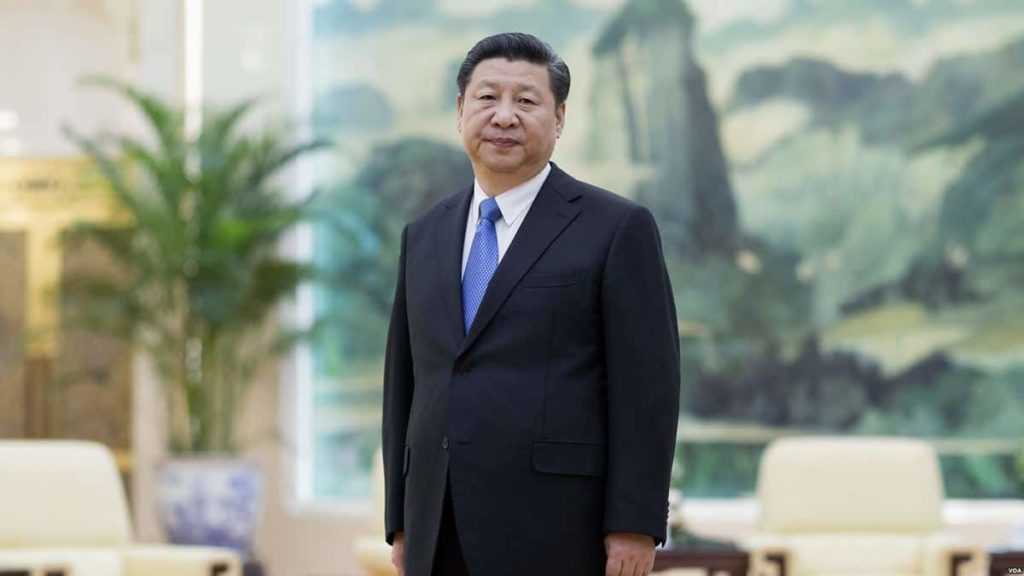Don’t trust China: Lessons from Taiwan
Amid coronavirus upheaval, the Chinese government’s evasion and deception has remained constant. The Chinese Communist Party (CCP) alone is responsible for the global pandemic and resulting consequential economic devastation. However, if the medical community had been skeptical of the totalitarian regime –and the World Health Organization (WHO) had not aggressively defended it –the outbreak may not have spread.

Amid coronavirus upheaval, the Chinese government’s evasion and deception has remained constant.
The Chinese Communist Party (CCP) alone is responsible for the global pandemic and resulting consequential economic devastation. However, if the medical community had been skeptical of the totalitarian regime –and the World Health Organization (WHO) had not aggressively defended it –the outbreak may not have spread.
Taiwan, kicked out of the WHO in 2017 at Beijing’s behest, was denied access to WHO data. Taiwan’s successful containment of coronavirus was an alternative possibility for the rest of the world; had Beijing’s reports been challenged instead of accepted.
When doctors in Wuhan grew concerned about a new SARS-like virus, but those who tried to warn their colleagues were detained for “spreading misinformation.” Human-to-human transmission was clear to physicians by late December, but Beijing did not report that information to the WHO.
Instead, officials ordered labs to stop testing and destroy virus samples. Multiple labs mapped the genome sequence – information crucial for vaccine development – but the results were not made public. When the Shanghai Public Health Clinical Center published their findings, the center was immediately shutdown with no explanation. Whistleblowers and journalists critical of the CCP’s handling of the crisis have also been detained or disappeared.
Globally, outbreak projections were based on the assumption the virus was only infecting people directly connected to the wet market into late January.
A study by the University of Southampton showed if Chinese authorities had acted three weeks earlier than they did—when they were silencing whistleblowers –the outbreak could have been reduced by 95 percent.
Dr. Deborah Birx, the coronavirus response coordinator for the White House, said the US medical community underestimated the coronavirus because of China’s unreliable data.
“The bottom line is, we didn’t know how contagious it was,” Dr. Birx said at a digital town hall event.
A John Hopkins’ study predicted Taiwan would be the second most infected country. But Taiwan has only 388 cases and 6 deaths, without canceling schools or locking down any major cities. Australia, with a similar population size, has had 6,313 cases and 61 deaths.
“What we learned from SARS was that we need to be very skeptical with data from China,” said Chan Chang-chuan, dean of National Taiwan University’s College of Public Health.
Taiwanese officials boarded planes and inspected passengers of direct flights from Wuhan for symptoms at the end of December. People who had traveled to Wuhan and had symptoms of a respiratory infection were screened. On January 26, Taiwan banned all flights from Wuhan, earlier than any other country and against WHO recommendations.
Taipei warned the WHO of human to human transmission on December 31, but was ignored. The WHO’s willingness to disregard Taiwan in order to flatter Chinese government diktats had a snowball effect as Western experts uncritically accepted WHO’s declarations.
“We would have learned at least six weeks earlier that the outbreak could be successfully suppressed and how to do so [if Taiwan was a member of the WHO],” said Richard Ebright, molecular biologist at Rutgers University.
The novel coronavirus has brought to the forefront the fundamental challenge of international institutions, which fail to distinguish between free societies and dictatorships. The successful response of Taiwan, a liberal democracy, to the virus serves as a foil to China’s brutal authoritarianism.
The most important CCP objective is to maintain control. Ultimately the party does not care about human rights, or even human lives. To protect itself, the Chinese regime suppressed life-saving information at the cost of 22,071 American lives, a number projected only to grow.
- Analyzing Radical Leftist Networks in Utah - September 23, 2025
- 51 percent of Americans believe the world is less stable since President Biden took office - March 28, 2022
- Biden’s weakness will result in aggression - August 23, 2021
